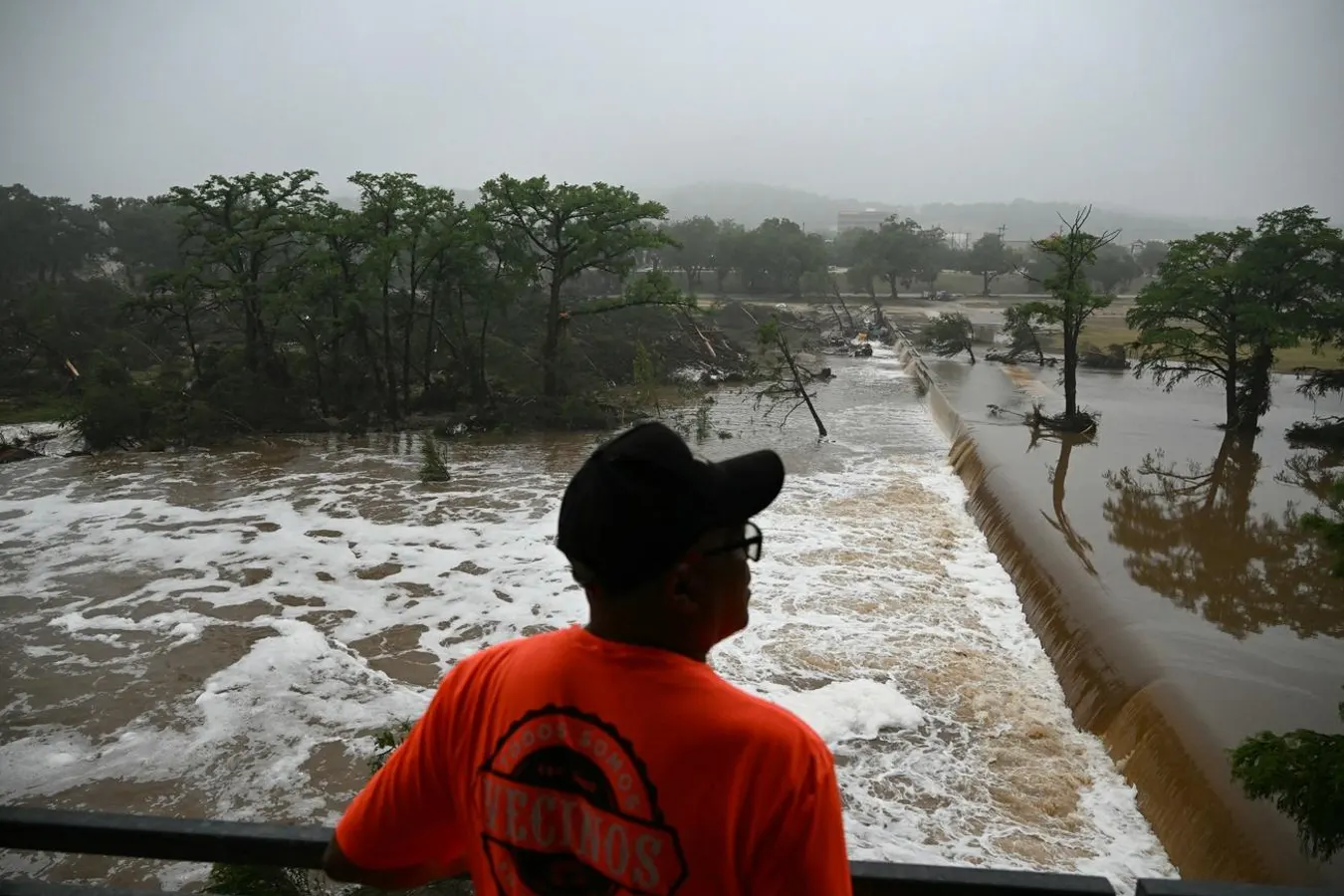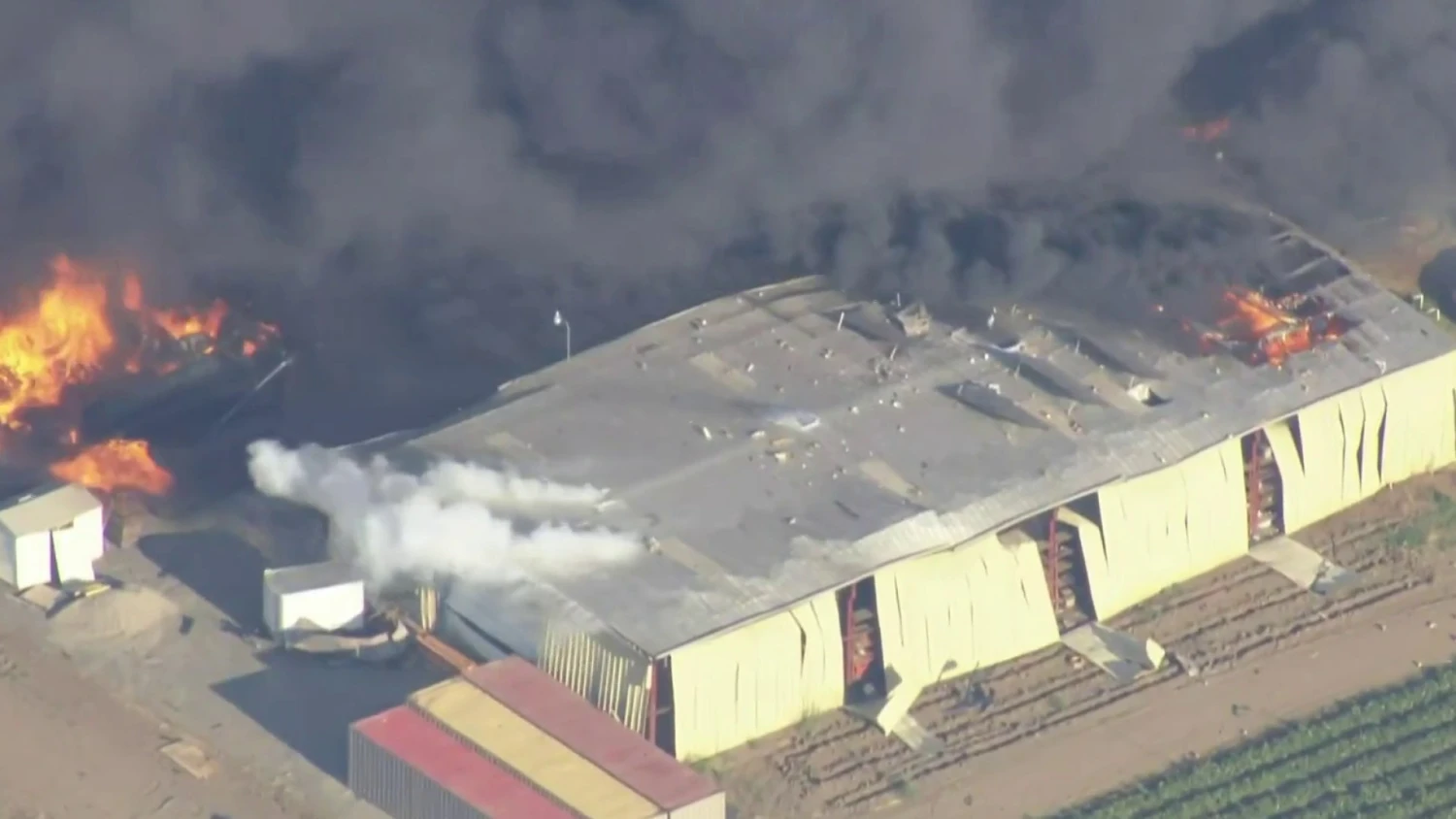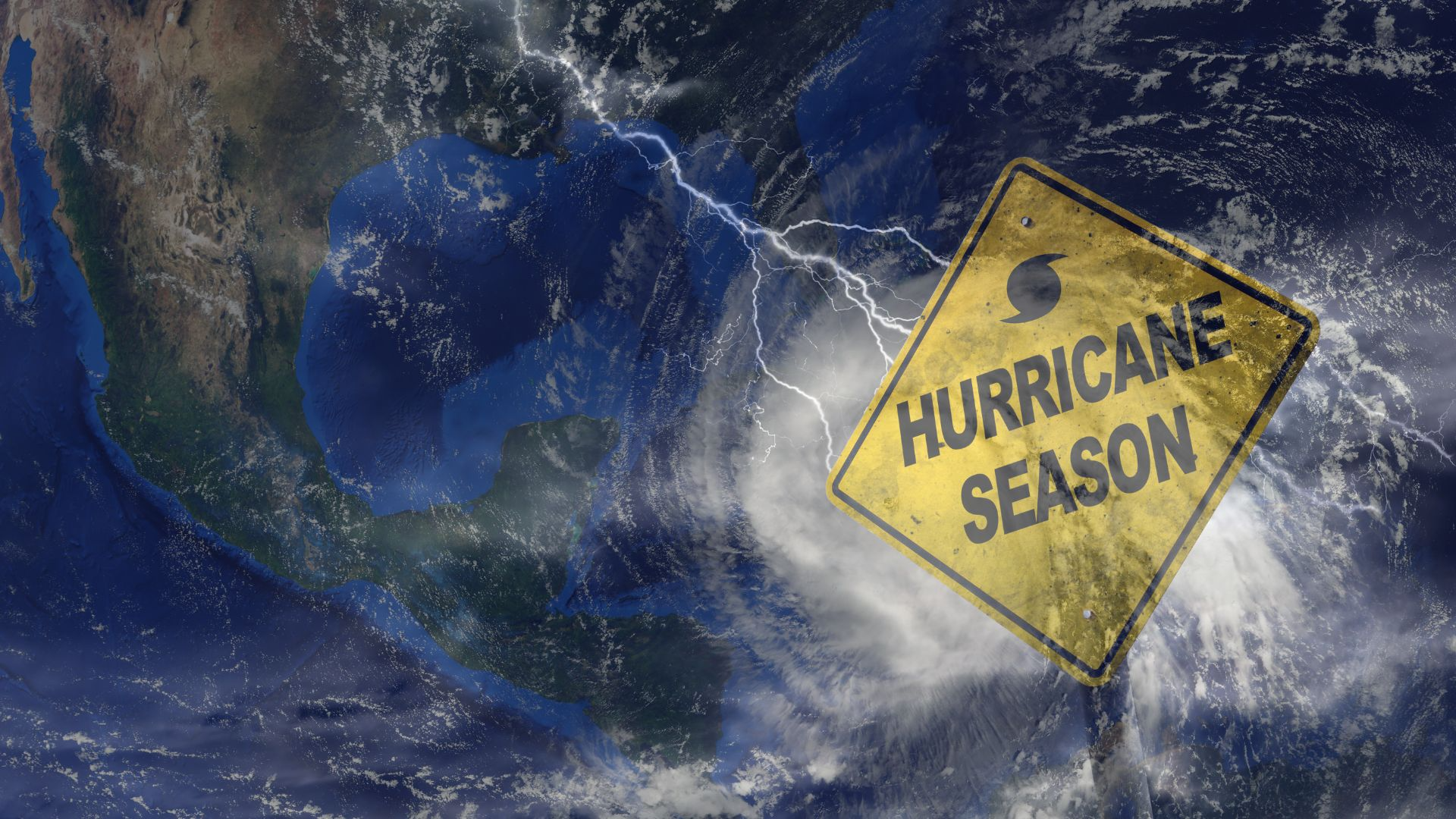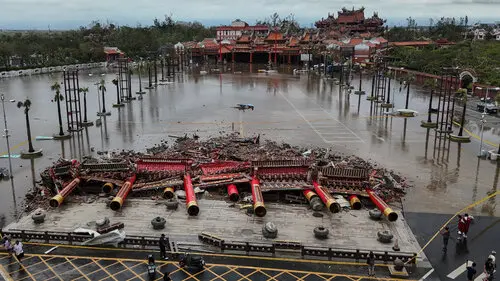
Texas Flood Staffing Controversy Sparks Public Outcry Amid Emergency Mismanagement Claims
A growing controversy has erupted in Texas following widespread criticism of how the state managed emergency staffing during recent catastrophic floods that devastated multiple counties. As communities in eastern and southern Texas struggle to recover from the deluge that displaced thousands and submerged entire neighborhoods, attention has sharply turned to apparent administrative failures and allegations of political interference in staffing decisions during the crisis response.
The flooding, caused by weeks of torrential rain and swollen rivers, triggered one of the most significant natural disasters the state has faced in recent years. Entire towns in Harris, Liberty, and Jefferson counties were forced into emergency evacuations. While the National Guard and FEMA were deployed swiftly in some areas, residents and local officials in other flood stricken regions say they were left without adequate support for crucial hours or even days.
The controversy stems from internal documents leaked last week showing that emergency personnel staffing requests made by county emergency management agencies were either delayed or denied, in some cases allegedly without clear justification. Reports suggest that several qualified disaster response teams, including local fire departments and volunteer search and rescue crews, were placed on standby rather than being deployed, despite urgent needs in affected zones.
Critics argue that political considerations may have influenced the deployment of resources, with some counties receiving faster assistance than others based on party affiliations or strained relationships with state leadership. One anonymous emergency management official from a Gulf Coast county claimed, “Our calls for reinforcement went unanswered for nearly 18 hours, while neighboring counties were immediately supported. It felt like we were being punished for reasons beyond our control.”
Governor Greg Abbott’s office has denied any political motive, stating that all emergency decisions were made based on evolving safety assessments and logistical limitations. “The state responded rapidly and effectively to a complex and fluid disaster situation,” said press secretary Renae Eze. “Any delays were due to infrastructure damage, not politics. We are conducting a full review to improve response mechanisms moving forward.”
However, whistleblowers within the Texas Division of Emergency Management (TDEM) allege that a lack of pre disaster planning, communication breakdowns, and mismanagement at the leadership level severely hampered coordination. One leaked email showed frustration from a regional field coordinator who wrote, “We have boots ready, equipment staged, and nowhere to send them. We’re being micromanaged into paralysis.”
Public backlash has grown louder, especially from residents in smaller, rural communities that felt abandoned during critical moments. In Dayton, Texas, residents used personal boats and kayaks to rescue neighbors as floodwaters rose, with no sign of state support for over 24 hours. “We felt invisible,” said Barbara Linton, a retired schoolteacher whose home was nearly swept away. “If we hadn’t helped each other, people would’ve died waiting.”
Civil rights and advocacy groups are now calling for an independent investigation into the state’s disaster response practices, including a thorough audit of staffing decisions and communication logs. The Texas Legislature is also under pressure to convene an emergency committee hearing to examine the role of politics in emergency management and to consider legislation ensuring transparent, needs based deployment of state resources.
Democratic lawmakers have seized on the issue, accusing the Abbott administration of neglecting certain communities and failing to maintain adequate emergency readiness protocols. “What we’re seeing is not just a failure of logistics it’s a failure of leadership,” said State Representative Ana Hernandez. “Texans deserve a disaster response system that protects everyone equally, not one that picks and chooses winners based on political maps.”
Meanwhile, the affected communities face a long road to recovery. Damage assessments estimate billions in property losses, and many flood victims are now homeless or sheltering in overcrowded facilities. Non profit organizations and mutual aid networks have stepped in where government assistance has been inconsistent, but relief workers warn that continued confusion over state level coordination is hampering their effectiveness.
As floodwaters begin to recede and investigations move forward, the Texas flood staffing controversy is quickly becoming a pivotal issue in state politics. With 2026 elections on the horizon, how leaders handle the fallout from this disaster may shape public trust in Texas’s ability to respond to future climate driven emergencies. For many, the storm has passed but the storm over accountability is just beginning.
Related Post
Popular News
Subscribe To Our Newsletter
No spam, notifications only about new products, updates.















